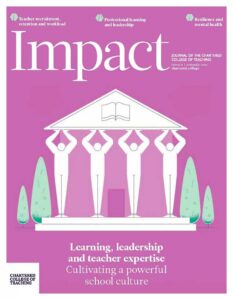Since the end of the 19th century, journal clubs have been used in medicine as a social way to read and discuss new research. By the 1980s, many medical training programmes included mandatory journal clubs, with a focus on the development of critical reading skills as a way of promoting critical appraisal in evidence-based medicine (Linzer, 1987). Critical appraisal is a subset of critical thinking, ‘an essential life skill’, that involves using research evidence to inform clinical decisions (Sharples et al., 2017). While it is difficult to teach critical thinking in an abstract way, the explicit teaching of critical evaluation skills can be supported by journal clubs (Deenadayalan et al., 2008). A typical journal club meeting involves a facilitator or group leader presenting a summary of one or more pre-read academic papers, and a group discussion and analysis of the paper, including the validity of the claims and potential for use in practice. Despite a shift in focus towar
Join us or sign in now to view the rest of this page
You're viewing this site as a guest, which only allows you to view a limited amount of content.
To view this page and get access to all our resources, join the Chartered College of Teaching (it's free for trainee teachers and half price for ECTs) or log in if you're already a member.











